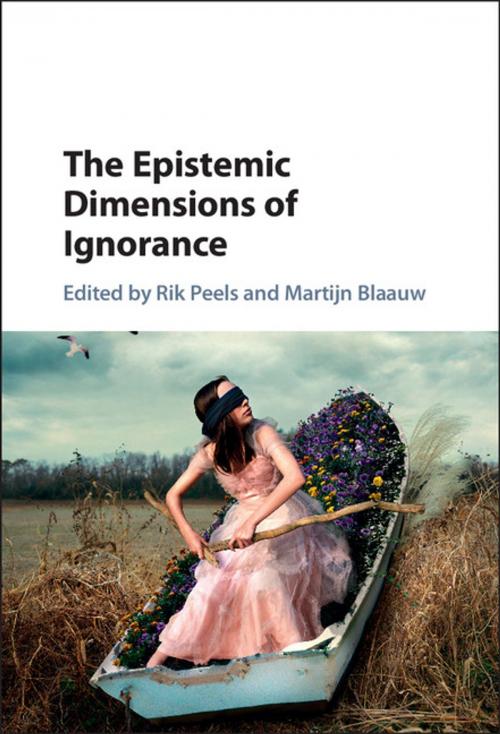| Author: | ISBN: | 9781316811924 | |
| Publisher: | Cambridge University Press | Publication: | December 22, 2016 |
| Imprint: | Cambridge University Press | Language: | English |
| Author: | |
| ISBN: | 9781316811924 |
| Publisher: | Cambridge University Press |
| Publication: | December 22, 2016 |
| Imprint: | Cambridge University Press |
| Language: | English |
Ignorance is a neglected issue in philosophy. This is surprising for, contrary to what one might expect, it is not clear what ignorance is. Some philosophers say or assume that it is a lack of knowledge, whereas others claim or presuppose that it is an absence of true belief. What is one ignorant of when one is ignorant? What kinds of ignorance are there? This neglect is also remarkable because ignorance plays a crucial role in all sorts of controversial societal issues. Ignorance is often thought to be a moral and legal excuse; it is a core concept in medical ethics and debates about privacy, and it features in religious traditions and debates about belief in God. This book does not only study an epistemic phenomenon that is interesting in itself, but also provides important tools that can be fruitfully used in debates within and beyond philosophy.
Ignorance is a neglected issue in philosophy. This is surprising for, contrary to what one might expect, it is not clear what ignorance is. Some philosophers say or assume that it is a lack of knowledge, whereas others claim or presuppose that it is an absence of true belief. What is one ignorant of when one is ignorant? What kinds of ignorance are there? This neglect is also remarkable because ignorance plays a crucial role in all sorts of controversial societal issues. Ignorance is often thought to be a moral and legal excuse; it is a core concept in medical ethics and debates about privacy, and it features in religious traditions and debates about belief in God. This book does not only study an epistemic phenomenon that is interesting in itself, but also provides important tools that can be fruitfully used in debates within and beyond philosophy.















